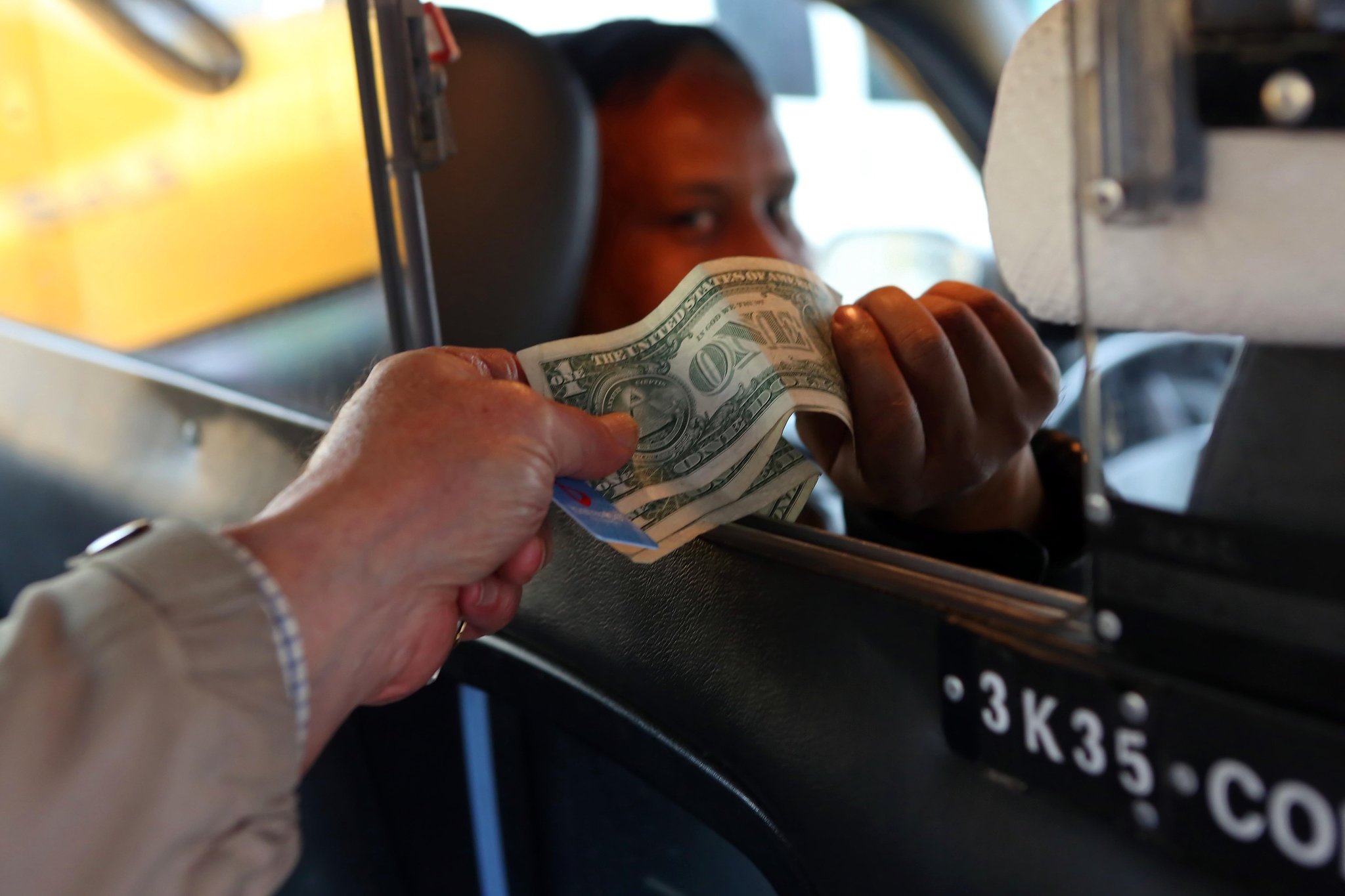As a taxi driver, your livelihood depends on one thing – collecting the fare that has effectively been promised to you when people climb into your cab. Unfortunately, though most members of public are honest and will pay their fare when asked, there are some who will do anything to avoid paying, either by simply refusing or by running away at the end of the journey. Here we take a look at some of the things that a taxi driver can do to ensure that they receive the money which they are due.
What taxi drivers shouldn’t do in the event of non-payment
Most importantly, you should never place yourself in danger in attempting to secure you’re fare. Some dishonest passengers are quite prepared to use violence in their attempts to avoid paying, and no amount of money is worth risking injury over. In a case study document looking at work-related violence in the public transport sector, the Government’s Health and Safety executive recommends that taxi drivers should:
- ‘Act in a non-confrontational manner’
- ‘not try to fight back if threatened’
- ‘try not to leave the taxi cab. Driver’s are safer in their own space where they can call for assistance if an incident occurs’.
- ‘refuse a job if you feel unsafe’
In addition to these guidelines on avoiding violence through fare disputes, it should be noted that on no accounts should you lock the doors and take the fare dodger to the nearest police station. As well as increasing the risk of the situation turning violent, you risk being charged yourself for false imprisonment. In a document on taxi fare disputes, Plymouth City Council advises that, “where there is a dispute and the driver locks a passenger in the vehicle and drives to a police station, this practice leaves them open to a criminal complaint of false imprisonment and counter action under civil law.”
Preventing non-payment
Prevention is often the best means of defence against non-payment. There are number of things that you can do to prevent or deter non payment.
Firstly, you can ask for payment in advance, in part or in its entirety, and this will avoid the situation entirely. Secondly, you should remember that you are within your rights to refuse any fare that you feel may be unsafe or in which it is likely that the passenger has the intent of not paying. Clearly this involves a judgement call on your part, but in some cases it’s better to be safe than sorry.
In an instance in which the passenger refuses to pay the fare or runs off without paying, this is considered a crime. If the passenger runs off without paying, this is considered theft under Section 3 of the Theft Act 1978 – Making off without payment. If the person knowingly takes a journey in cab without having money to pay but does not inform the driver of this until arrival at the destination, this is an offence under Section 11 of the Fraud Act 2006 – Obtaining services dishonestly. Similarly if the passenger refuses to pay at the destination, this is also considered an offence under Section 11 of the Fraud Act.
Such offences become a police matter, but you will of course need to know the identity and ideally the address of the culprit for the police to be able to press charges. You might consider asking to see a form of identity before commencing the journey.
If one of the above offences has taken place, you are also within your rights to make a citizen’s arrest (though you should take care not to place yourself at risk when doing so). It should be noted at this point that no offence is deemed to have taken place until the perpetrator has actually left the vehicle.
To perform a citizen’s arrest you should inform the perpetrator that you are doing so and for what offence, and you can then use reasonable force to detain the person before turning them over to the police. Be aware that in doing so you may find yourself liable to charges of false imprisonment or assault. You can find out more about citizen’s arrest in the Guardian’s handy guide.
Of course non-payment of fares isn’t the only financial risk to taxi drivers, so make sure your taxi insurance is up to date and covers you for these.

